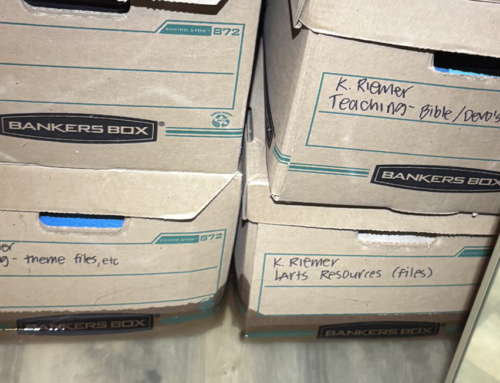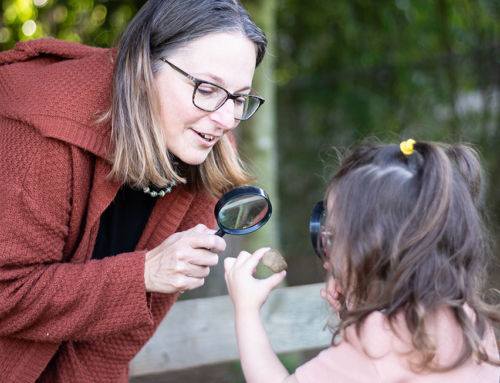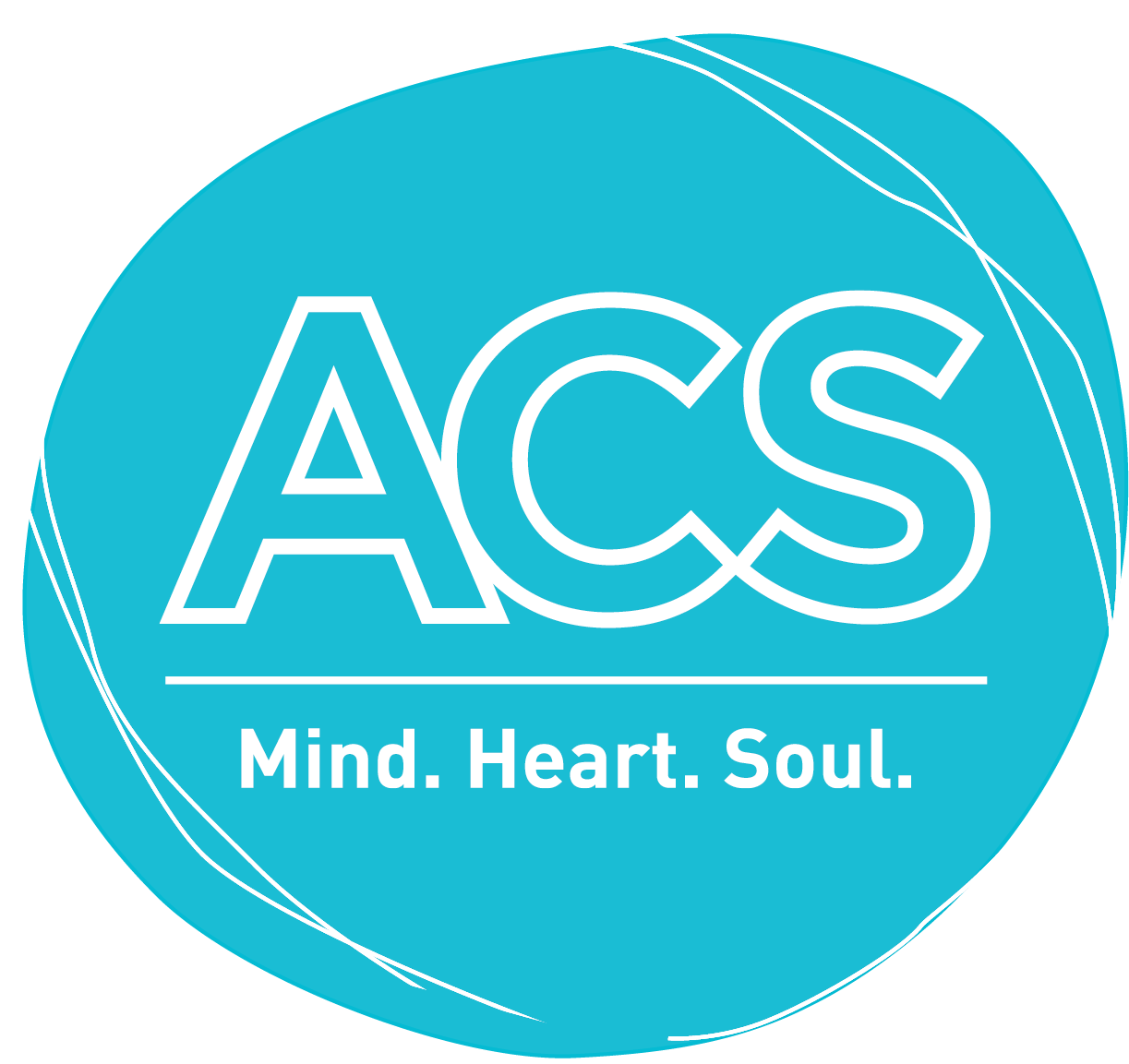I lost my voice again this year. Couldn’t speak at all. Croaks, whispers, whistles and frantic waving of hands in gestures not even remotely resembling sign language were all you could get from me. It happens about once every school year, and you think I’d learn…
A bad idea.
Yelling at students is a bad idea. It makes students feel bad, and it makes the teacher look bad. The yelling can also damage vocal chords, causing temporary laryngitis or long-term injury to the voice. No one wins with yelling in the classroom. Some might think that a good old-fashioned “chewing out” with raised voice might have benefits, like an episode of “Beyond Scared Straight” or something. But we are working with students here, not criminals.
A couple of sick days.
When I needed to take a couple of sick days in early December because of a case of laryngitis, some people thought I had been yelling at the students and wrecking my voice (along with my reputation as a relatively cheerful teacher). I don’t yell at my students; in fact, it has been a rare occurrence in my 18 years of teaching to even raise my voice, unless I am that enthused about a topic in class. It’s just that as a mute, I simply just couldn’t teach the way I was used to teaching, and that’s where you think I’d learn.
You think I’d learn some different ways of managing a classroom that wasn’t so dependent on a teaching voice! And I don’t mean the methods I’ve tried over the years: whispering instructions through a microphone hooked up to an amplifier, writing instructions on the whiteboard, typing instructions and then projecting them on the screen or simply having students participate in an all-day-extended-marathon-silent-reading session. No, I mean something different entirely.
Students do more talking.
A couple of quotes I read by Alfie Kohn may help show what I mean. In his, A Dozen Essential Guidelines for Educators, (http://alfiekohn.org/teaching/dozenguidelines.html) he writes, “In outstanding classrooms, teachers do more listening than talking, and students do more talking than listening. Terrific teachers often have teeth marks on their tongues.” He goes on to write, “Children learn how to make good decisions by making decisions, not by following directions.” That gets me thinking about the possibility of a classroom that still functions even when the teacher (that’s me!) loses their voice.
I’m early in developing some solid thinking about this possibility, but I feel that our school is onto something good. One of the characteristics of project-based learning is that students are given real, meaningful opportunities to make decisions after a lot of talking with teachers and other experts who listen and then provide guidance to help students revise and reflect. It is called Voice and Choice, and I think that if I work towards providing more chances for my students to develop their voice, then perhaps I can continue teaching even when I am without mine.
Otherwise, I will keep losing my voice and taking days off…






WHAT DO YOU THINK?